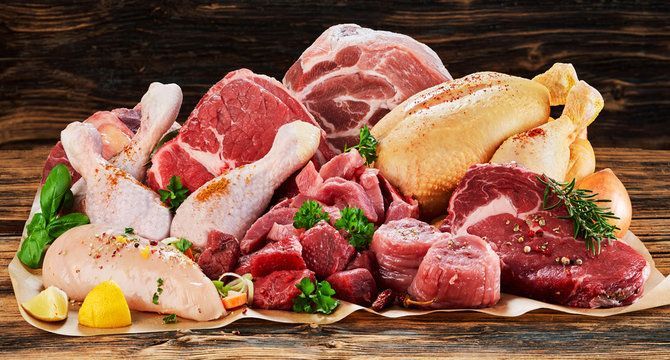Tips to bulk up
How to gain muscle
Bulking, the process of gaining muscle mass, is a critical phase for anyone looking to build a stronger, more muscular physique. However, effective bulking requires more than just eating more food. It involves a strategic approach to diet, training, and lifestyle habits to ensure that the weight you gain is primarily muscle, not fat. Here are some essential tips to help you bulk effectively.
1. Caloric Surplus: Eat More to Grow
To build muscle, you need to consume more calories than you burn. This caloric surplus provides your body with the energy needed to support muscle growth. Here’s how to do it right:
- Calculate Your Maintenance Calories: Determine your daily caloric needs to maintain your current weight using an online calculator or fitness app.
- Add 250-500 Calories: Increase your daily intake by 250-500 calories. This moderate surplus helps you gain muscle without adding excessive fat.
2. Prioritize Protein Intake
Protein is crucial for muscle repair and growth. Ensure you’re consuming enough protein to support your bulking goals:
- Protein Intake: Aim for 1.2-2.2 grams of protein per kilogram of body weight (0.54-1 gram per pound).
- Protein Sources: Include high-quality protein sources like chicken, beef, fish, eggs, dairy, legumes, and plant-based proteins in your diet.
3. Balanced Macronutrients
While protein is essential, don’t neglect carbohydrates and fats. Both play a crucial role in muscle building and overall health:
- Carbohydrates: Carbs provide energy for intense workouts. Aim for complex carbs like whole grains, oats, brown rice, and sweet potatoes.
- Fats: Healthy fats support hormone production and overall health. Include sources like avocados, nuts, seeds, olive oil, and fatty fish.
4. Frequent Meals
Eating frequent, balanced meals throughout the day can help you maintain a consistent caloric surplus and provide a steady stream of nutrients to your muscles:
- Meal Frequency: Aim for 5-6 smaller meals or 3 larger meals with snacks in between.
- Meal Composition: Each meal should contain a balance of protein, carbs, and fats.
5. Intense Strength Training
Effective bulking requires a well-structured strength training program that focuses on progressive overload:
- Compound Movements: Prioritize compound exercises like squats, deadlifts, bench presses, and rows. These exercises work multiple muscle groups and promote overall muscle growth.
- Progressive Overload: Gradually increase the weight, reps, or sets over time to continually challenge your muscles.
- Training Frequency: Aim to train each muscle group 2-3 times per week.
6. Proper Rest and Recovery
Muscle growth happens during rest, not just in the gym. Ensure you’re allowing adequate recovery time for your muscles:
- Sleep: Aim for 7-9 hours of quality sleep per night. Sleep is crucial for muscle repair and hormone production.
- Rest Days: Include rest or active recovery days in your training schedule to prevent overtraining and reduce the risk of injury.
7. Stay Hydrated
Hydration is often overlooked but is vital for muscle function and overall health:
- Water Intake: Aim for at least 3-4 liters of water per day, more if you’re training intensely or in a hot environment.
- Electrolytes: Ensure you’re replenishing electrolytes lost through sweat by consuming foods rich in potassium, magnesium, and sodium.
8. Track Your Progress
Monitoring your progress helps you make necessary adjustments to your diet and training:
- Body Measurements: Regularly measure your weight, body fat percentage, and muscle circumferences.
- Strength Gains: Track your performance in the gym, noting increases in weight lifted and improvements in form.
9. Supplement Wisely
Supplements can support your bulking efforts but should not replace a balanced diet:
- Protein Powder: Whey or plant-based protein powders can help you meet your protein goals, especially post-workout.
- Creatine: Creatine monohydrate is one of the most researched supplements and can help increase muscle mass and strength.
- Branched-Chain Amino Acids (BCAAs): BCAAs can support muscle recovery and reduce soreness.
10. Stay Consistent and Patient
Building muscle is a slow process that requires consistency and patience. Stick to your plan, and don’t get discouraged by slow progress:
- Set Realistic Goals: Aim for a gradual weight gain of 0.25-0.5 pounds per week to minimize fat gain.
- Stay Committed: Consistency in your diet and training is key. Results will come with time and effort.
Conclusion
Bulking effectively involves more than just eating more food; it requires a strategic approach to nutrition, training, and recovery. By maintaining a caloric surplus, prioritizing protein, balancing your macronutrients, and following a structured strength training program, you can maximize muscle growth while minimizing fat gain. Remember, consistency and patience are crucial. Stick to your plan, monitor your progress, and make adjustments as needed to achieve your bulking goals.











